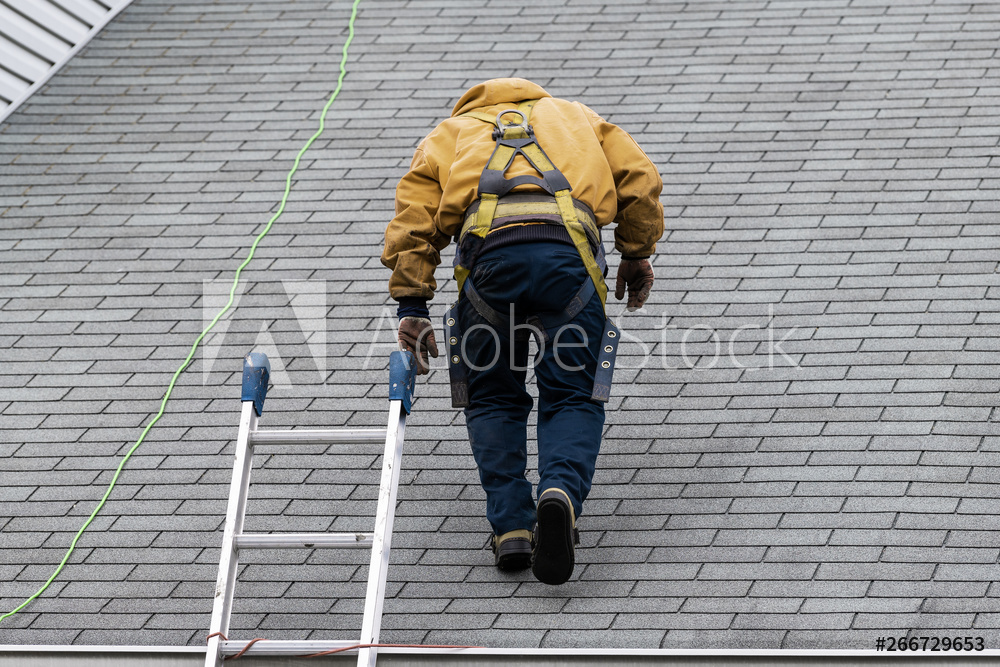The conventional work of a real estate agency involves getting a commission of the amount paid by the property seller.
In NSW this can vary between 2% and 3.5% – depending on where you are. So, when a house is sold for $350,000, the real estate agency can make upwards of $12,000 as commission. There are times when a specific home inspector is referred to the buyer by the real estate agent. At times, even a list of two or three recommended inspectors is provided.
So, the question is ‘who are these inspectors suggested by the agent?’ and ‘what are their qualifications to get into the agent’s list of approved inspectors?’. As a buyer, you may doubt whether the agent is recommending an honest , non biased home inspector or if the home inspector is an ally of the agent in earning the sale commission.
The truth is that a complete and honest home inspection is sometimes viewed as a hindrance to the sale process and the commission to be earned by the real estate agent. Vendor-friendly inspection reports are essentially biased reports produced by a home inspector recommended by your real estate agent. Such inspectors may not do a thorough and honest inspection of the house being sold to you, so that the deal is finalized and he gets a commission.
Hiring your own home inspector
While it is untrue that every home inspector recommended by your real estate agent would produce a dishonest or biased inspection report. However, it suggested that you do some research and decide to hire your own home inspector based on the recommendations of friends, neighbors, family and colleagues.
If your real estate agent says that you cannot hire an inspector of your own choice, or forces you to pick somebody from the list of approved inspectors recommended by him, chances are that there might be some issues with the property. In such case, you can get in touch with your attorney.
It is quite obvious that if a real estate agent or sales official is making aggressive efforts at controlling the process of hiring an inspector, he has hidden motives which might not be in the best of your interests.
To avoid falling prey to ‘vendor-friendly’ home inspection reports, you must understand that real estate agents get their commission from the seller of the property, so they try to work in favor of a sale. Sometimes they do it by employing dishonest ways. Similarly, a home inspector hired by you is paid to work in the best of your interest and is likely to give a completely honest home inspection report.






